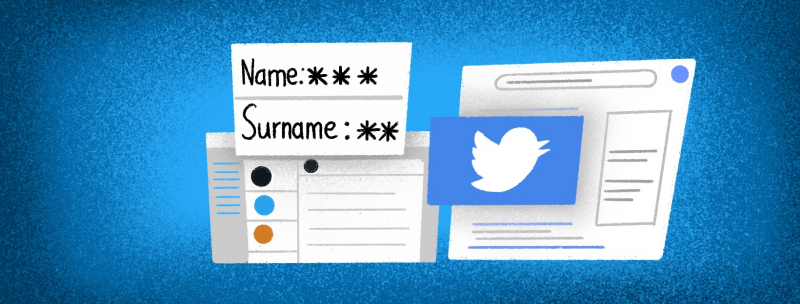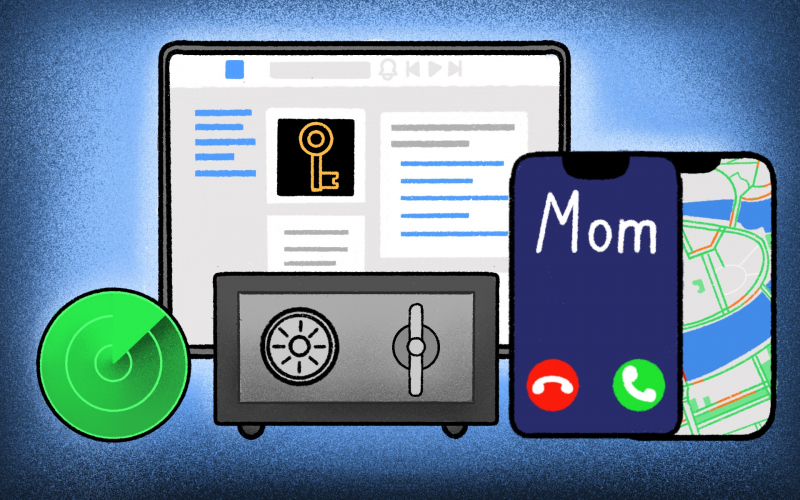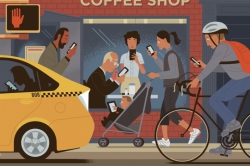- What data do we leave behind while surfing the web and using social media?
- How do algorithms draw conclusions about us?
- Do social media really listen in on our conversations in order to target us with ads?
- How safe is GPS for us?
- Are public networks safe? Should I use it?
- What are other negative aspects?
- And what about positive aspects?
- Do IT platforms protect user data?
- Is it possible to leave zero digital footprints?
What data do we leave behind while surfing the web and using social media?

How do algorithms draw conclusions about us?

Do social media really listen in on our conversations in order to target us with ads?

How safe is GPS for us?

Are public networks safe? Should I use it?

What are other negative aspects?

And what about positive aspects?

Do IT platforms protect user data?

Is it possible to leave zero digital footprints?






